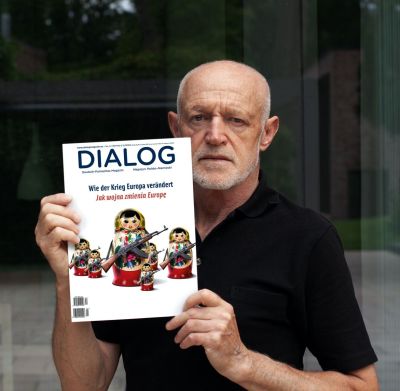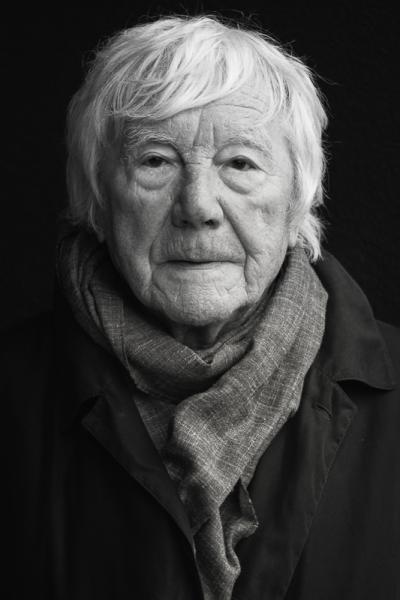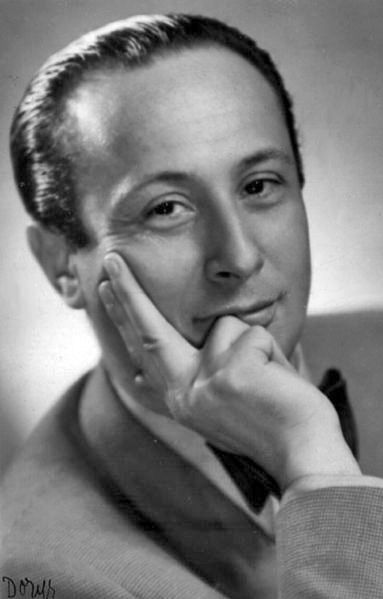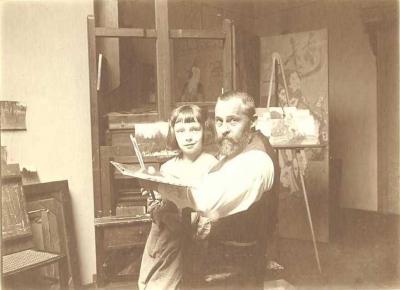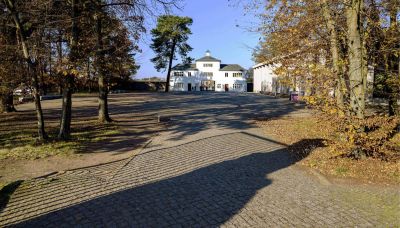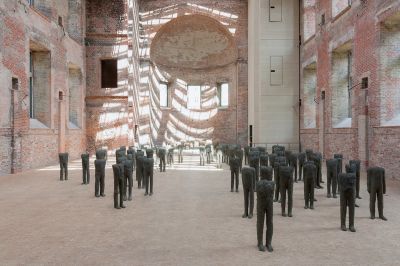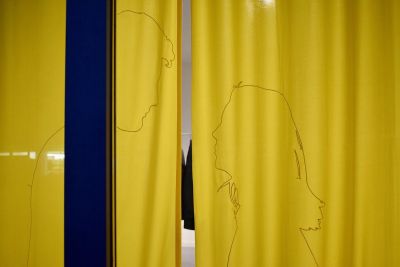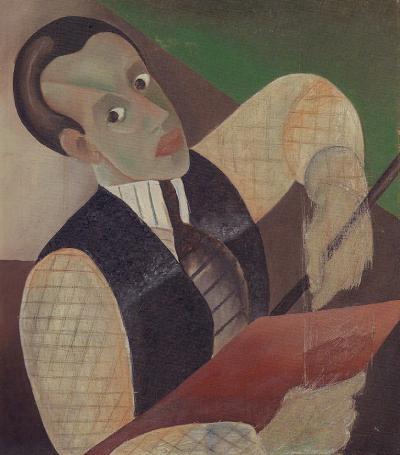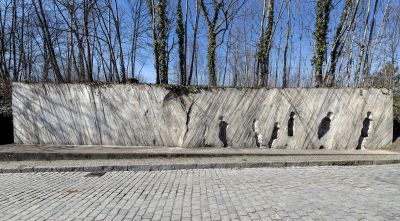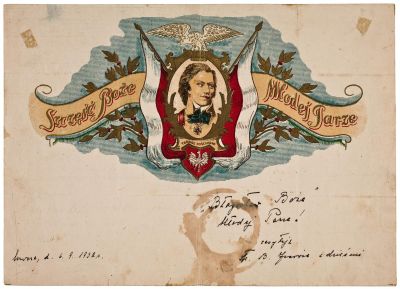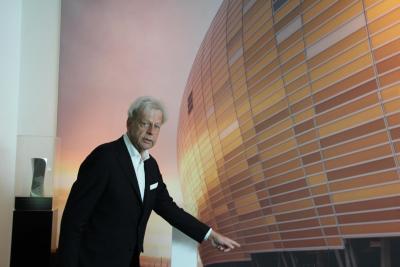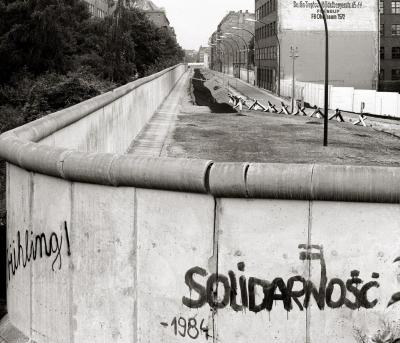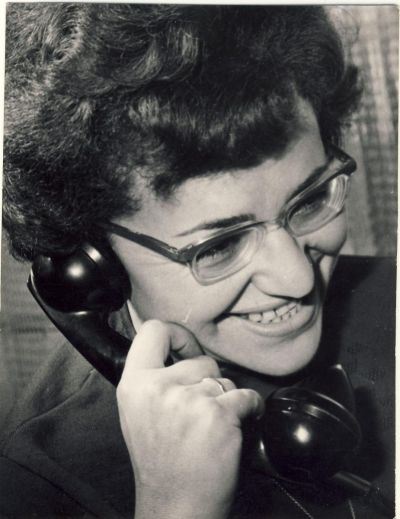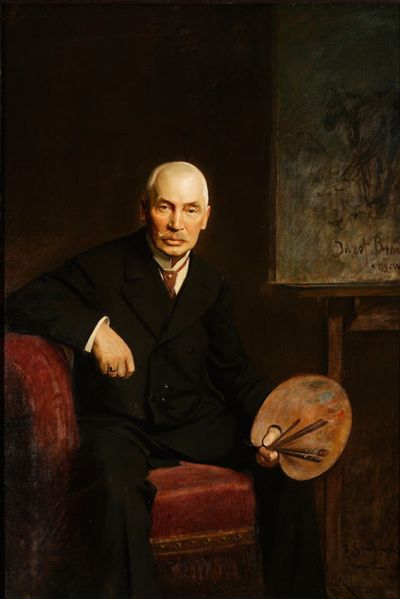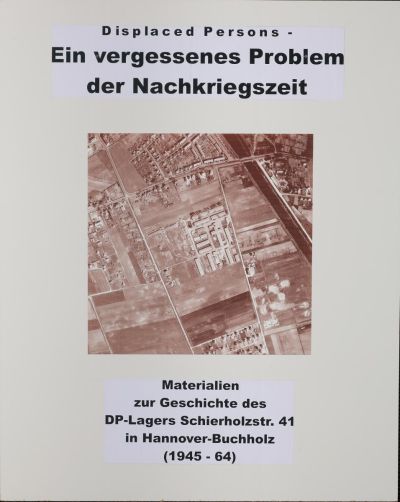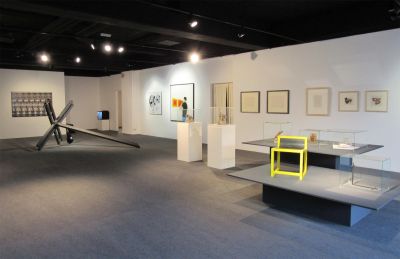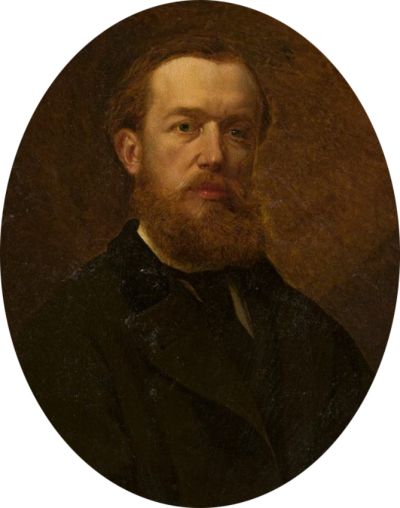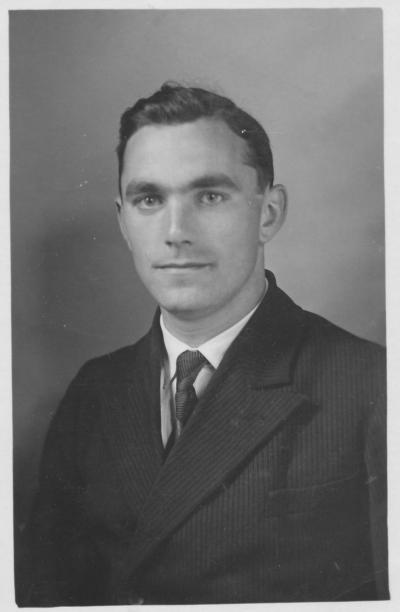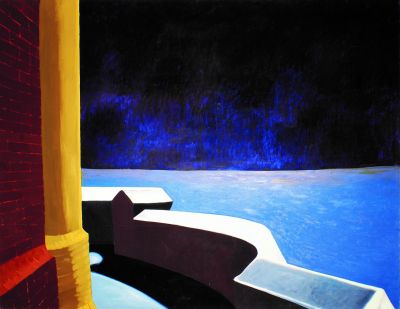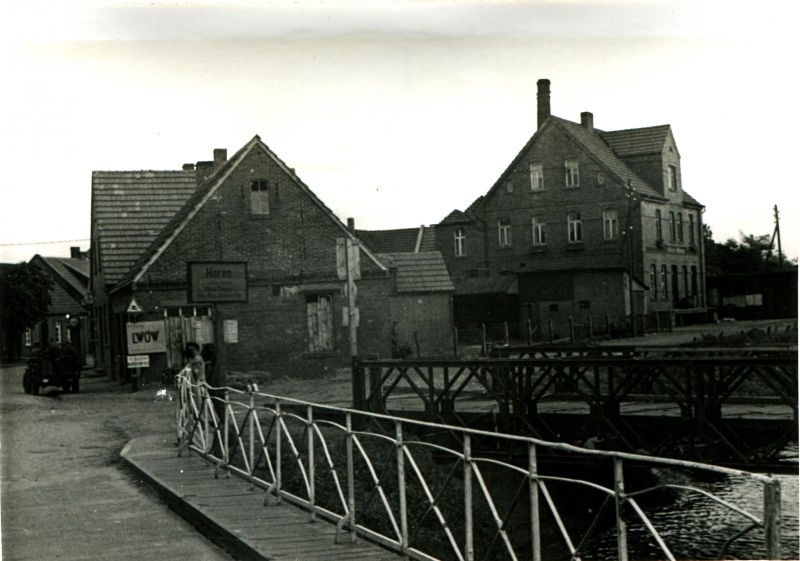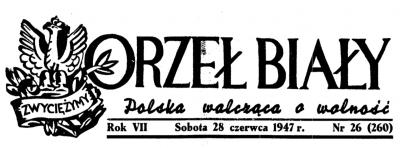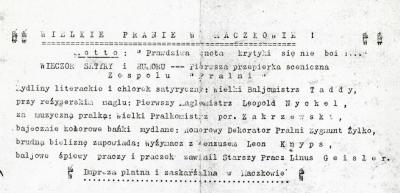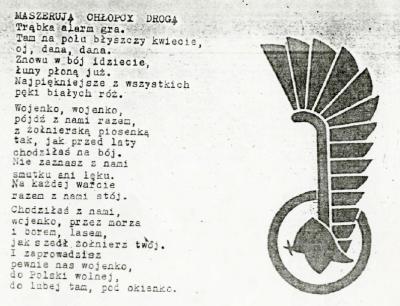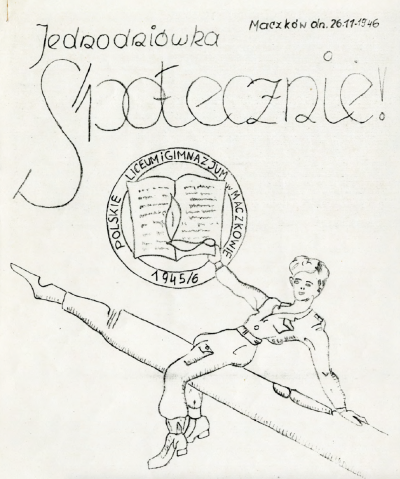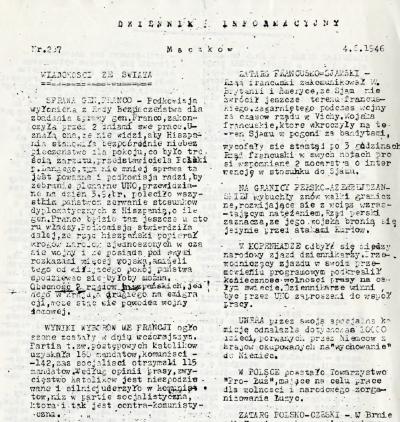Maczków. A Polish enclave in North Germany
Mediathek Sorted
-
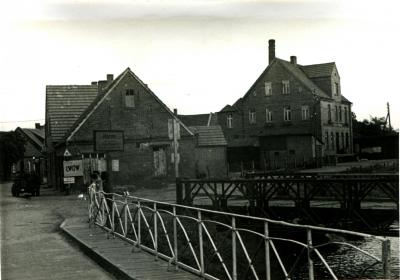
-
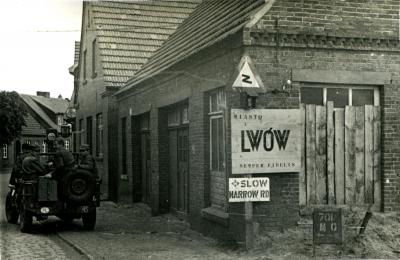
-
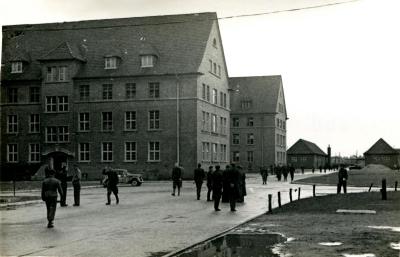
-
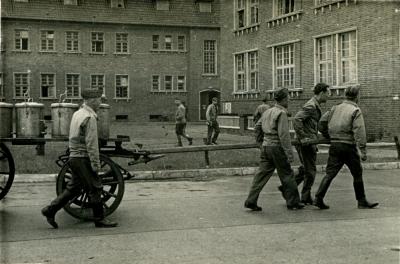
-
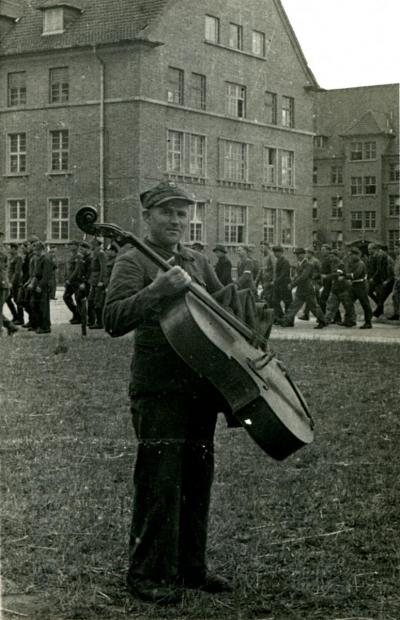
-
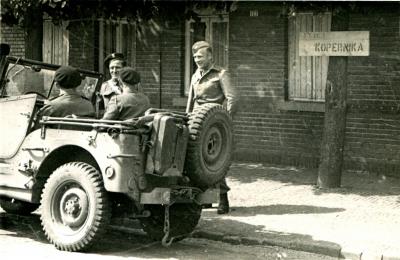
-
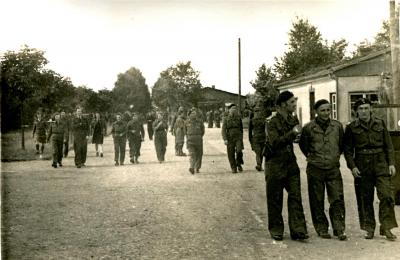
-
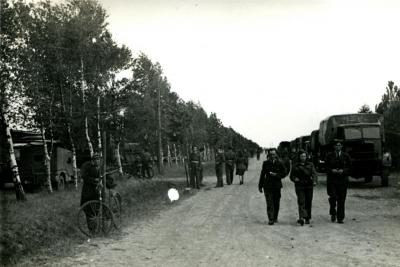
-
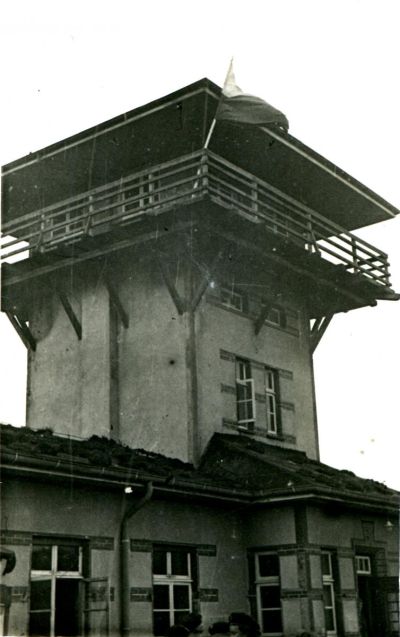
-
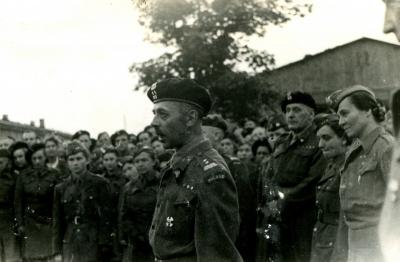
-
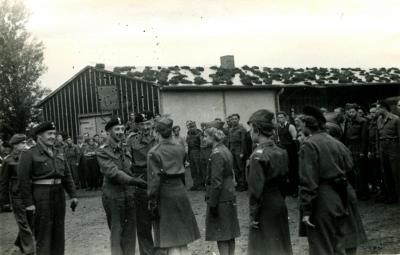
-
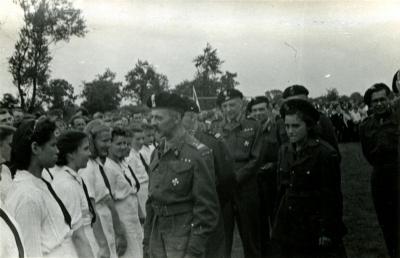
-
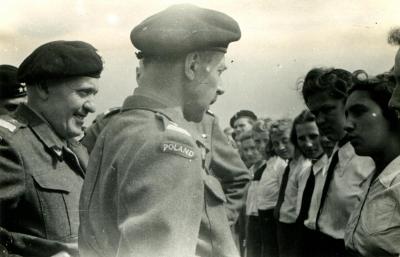
-
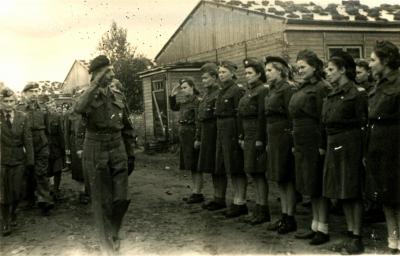
-
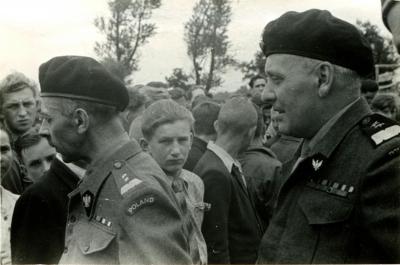
-
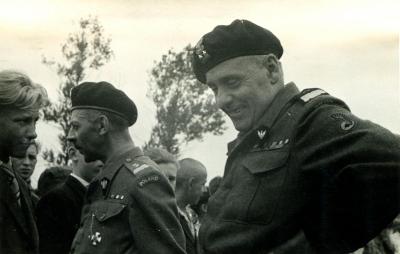
-
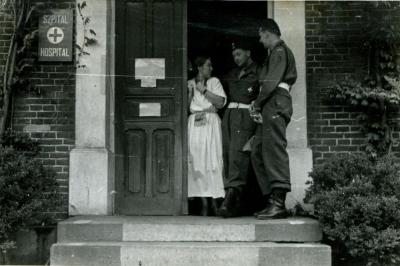
-
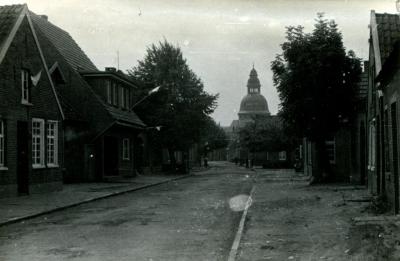
-
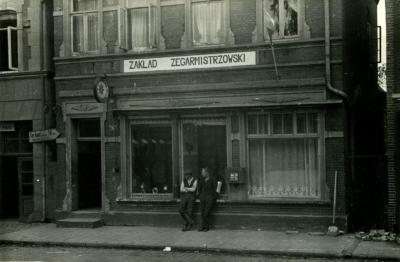
-
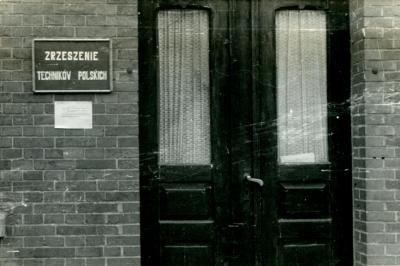
-
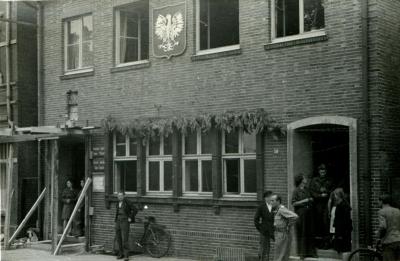
-
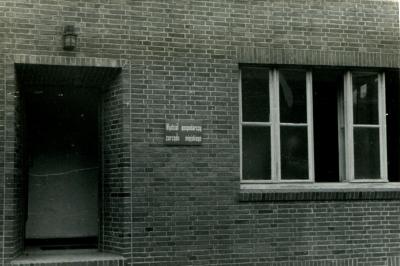
-
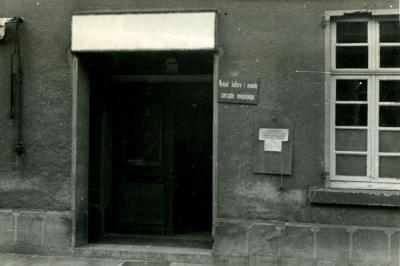
-
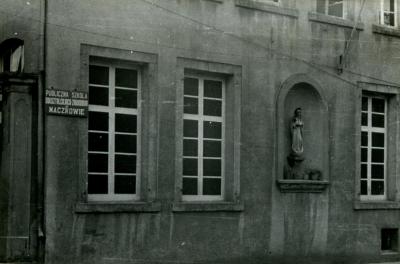
-
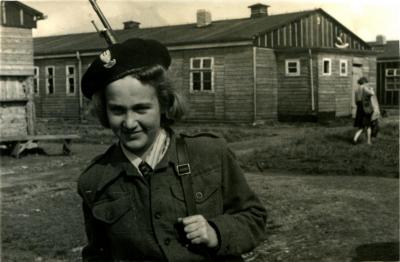
-

-
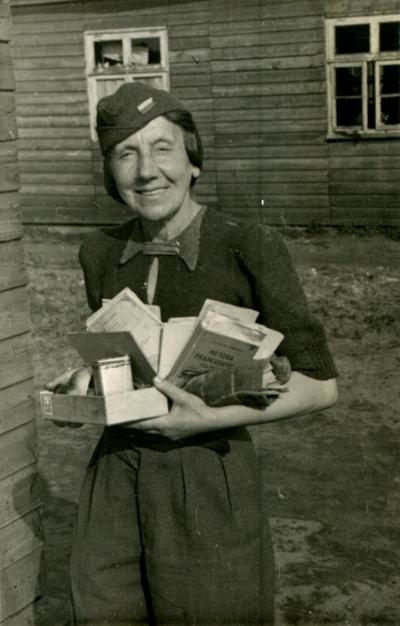
-
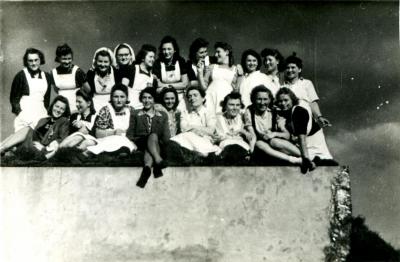
-
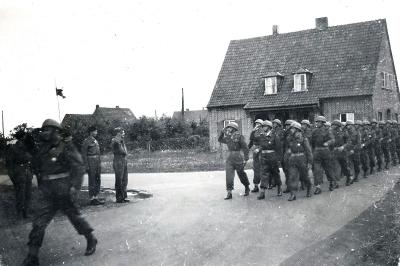
-
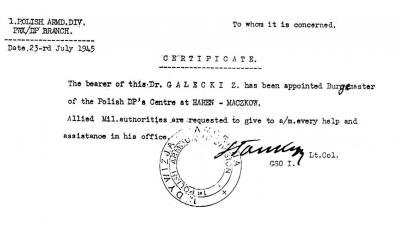
-
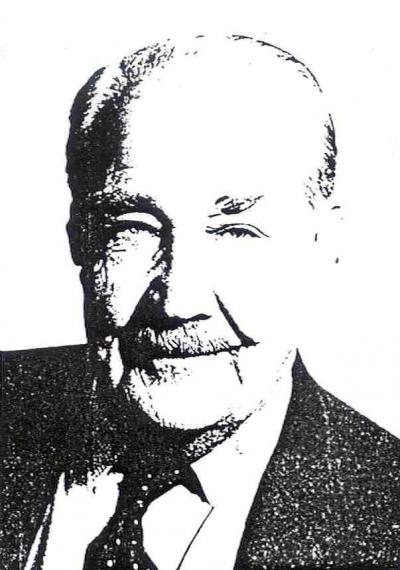
-
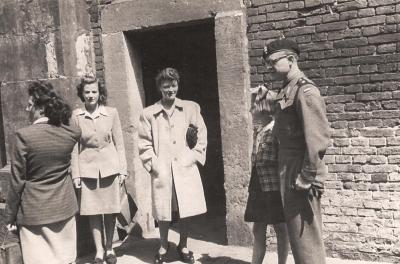
-
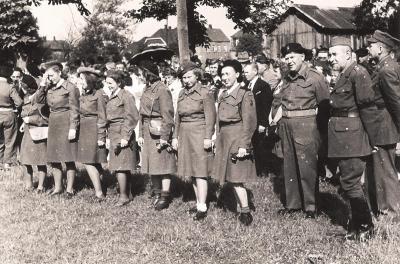
-
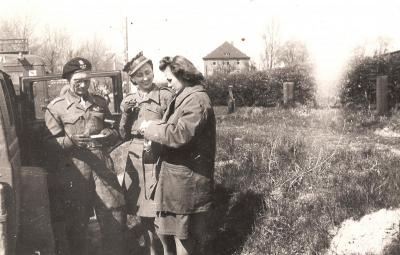
-
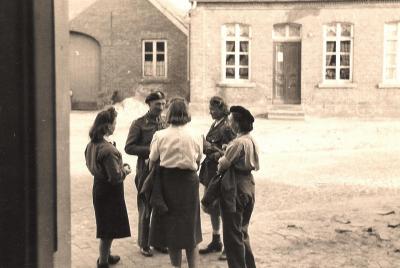
-
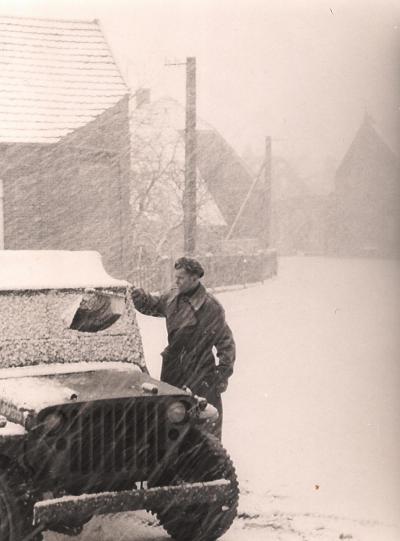
-

-
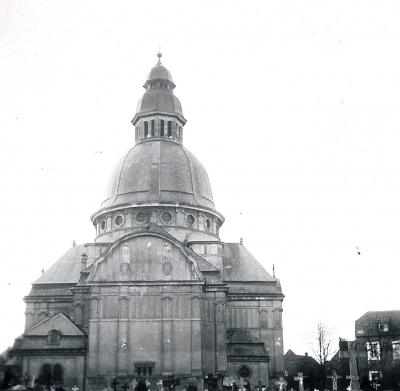
-
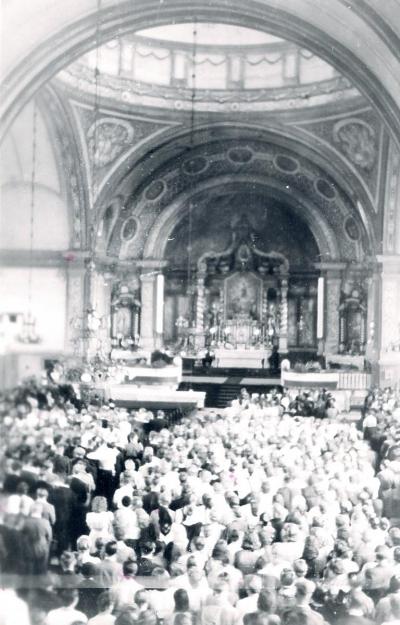
-
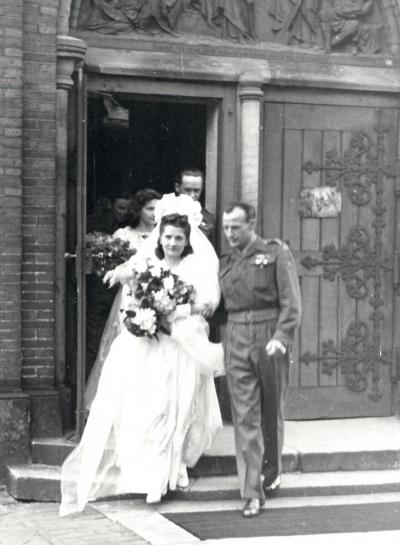
-
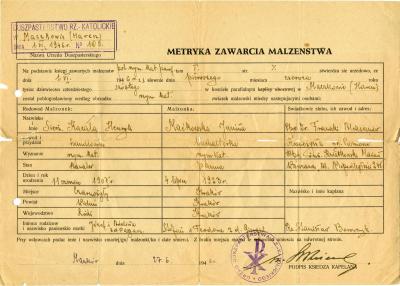
-
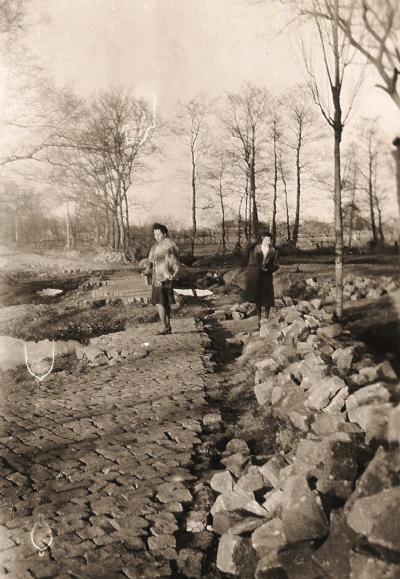
-
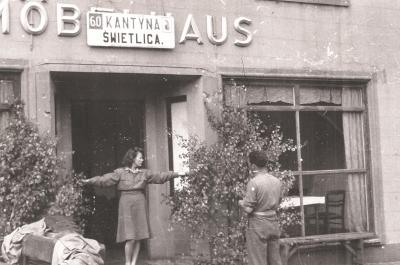
-
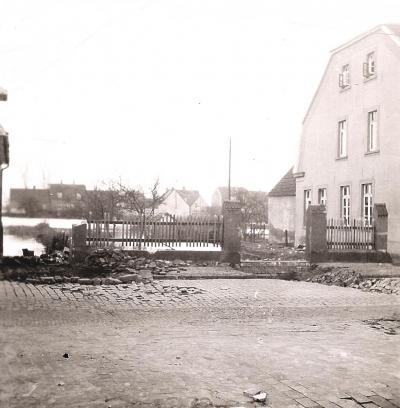
-
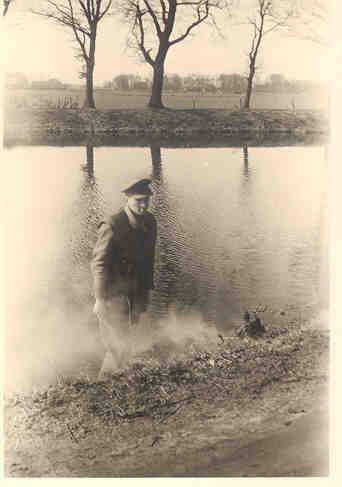
-
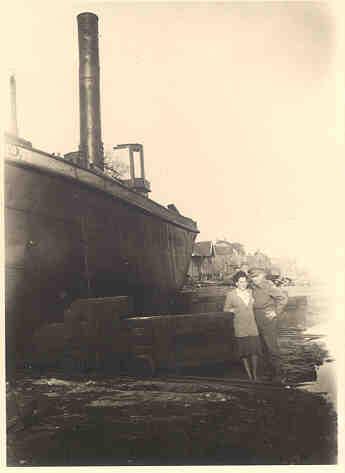
-
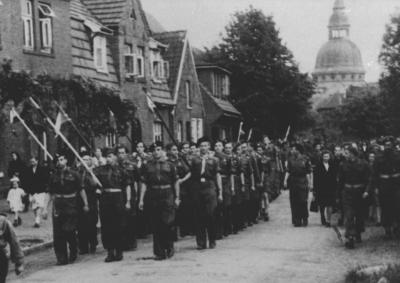
-
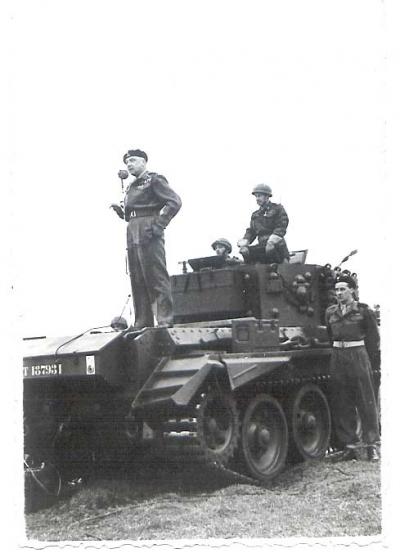
-
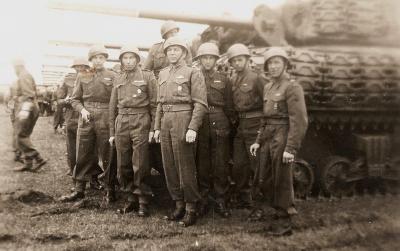
-
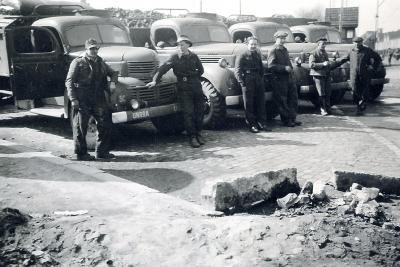
-
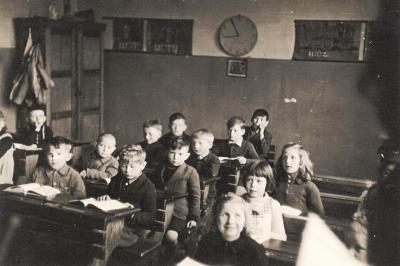
-
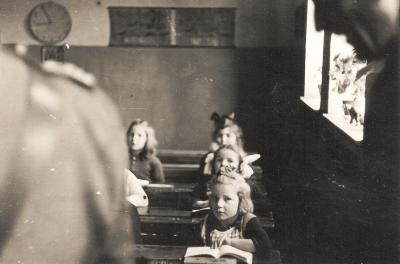
-
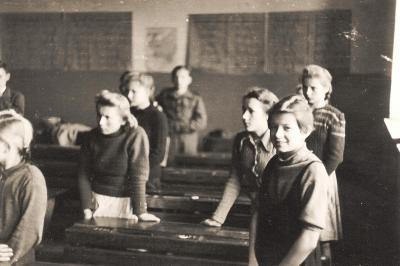
-
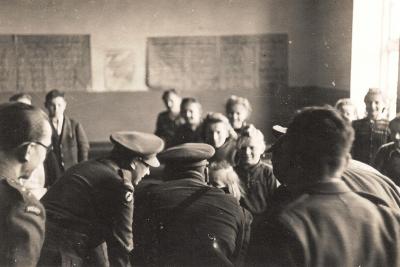
-
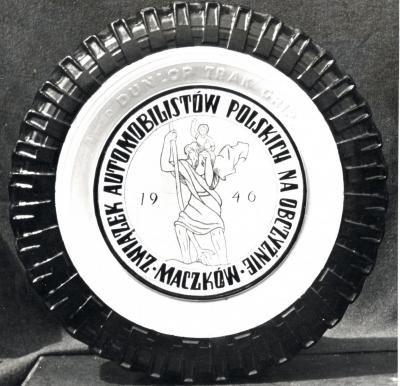
-
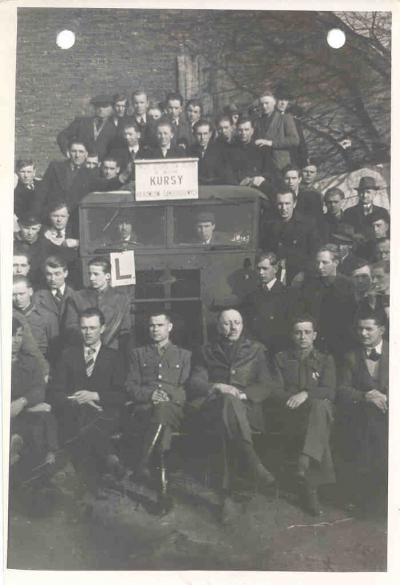
-
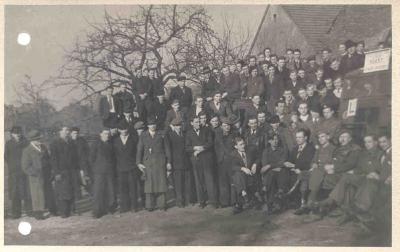
-
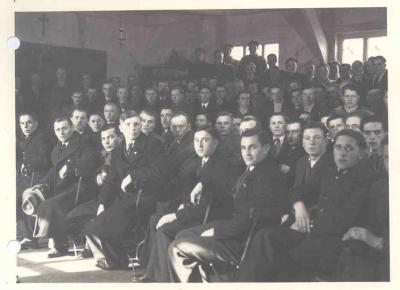
-

-
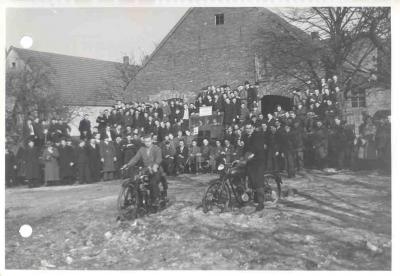
-
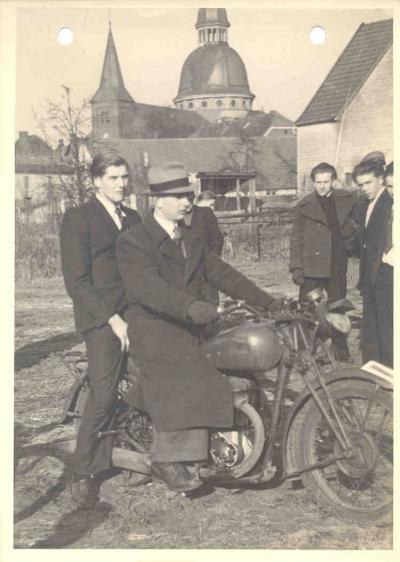
-
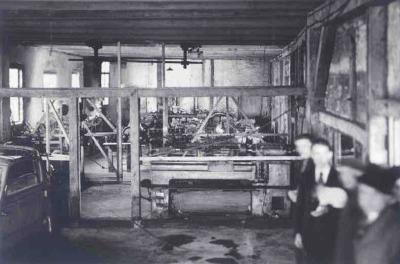
-
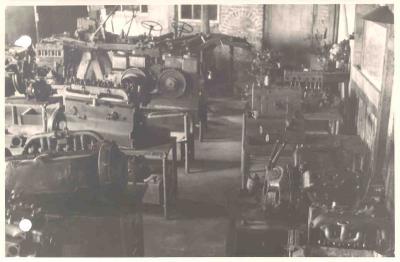
-
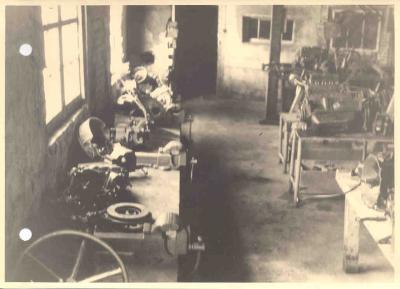
-
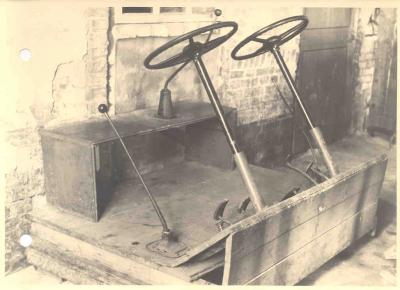
-
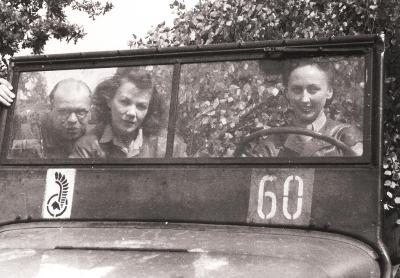
-
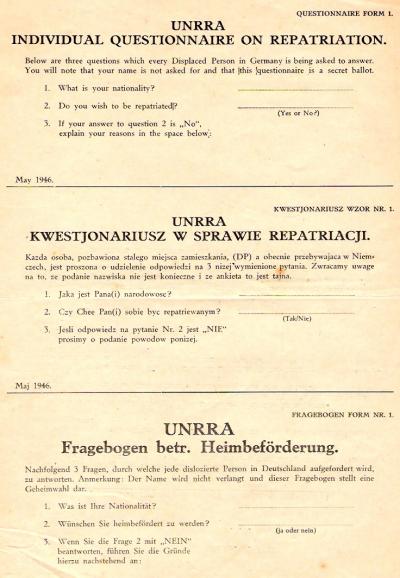
-
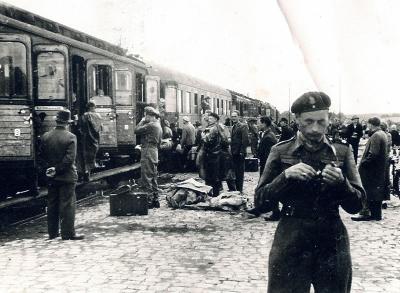
-
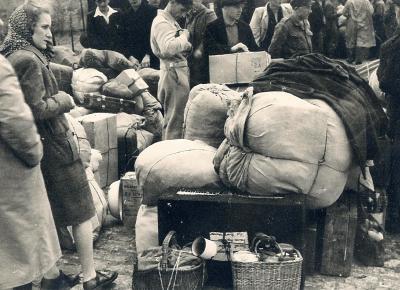
-
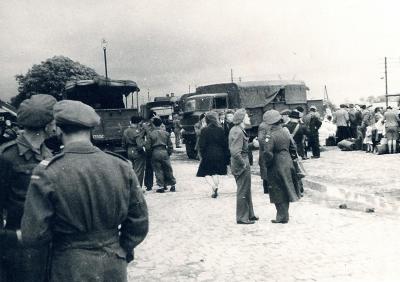
-
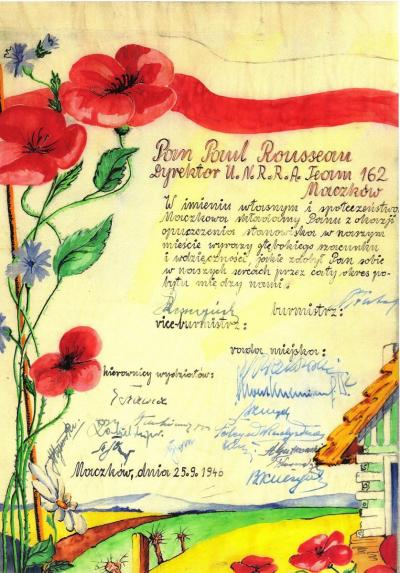
-
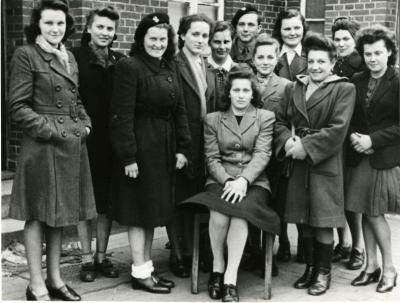
-
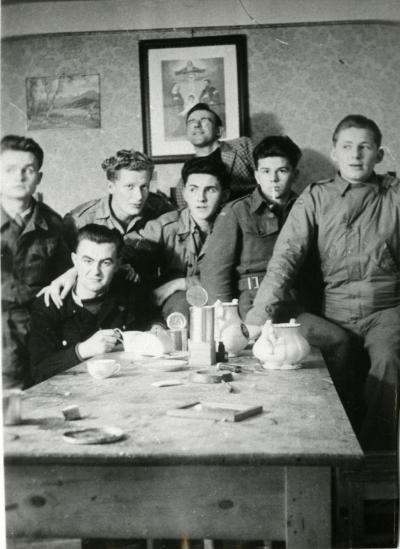
-
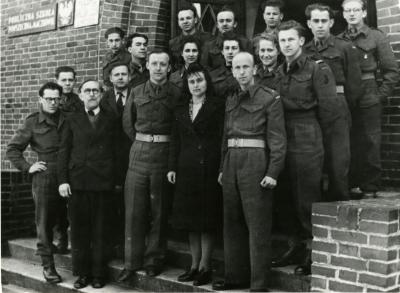
-
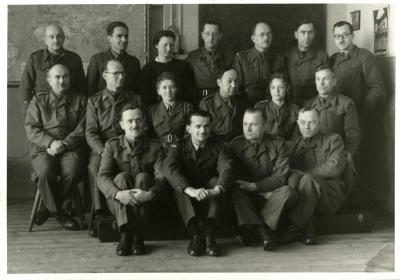
-
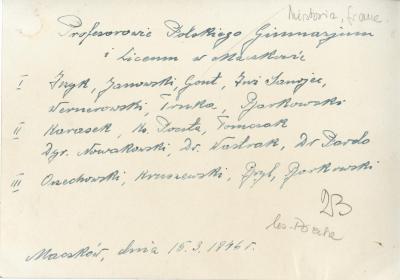
-
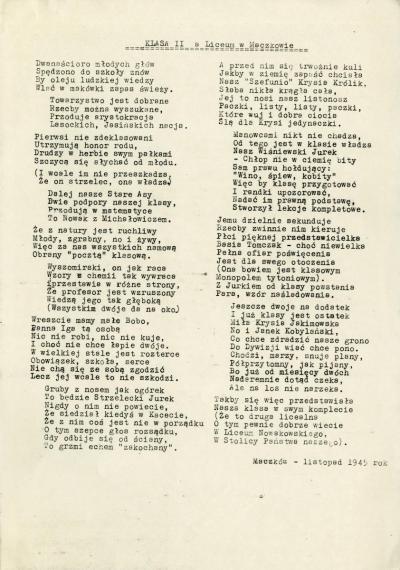
-
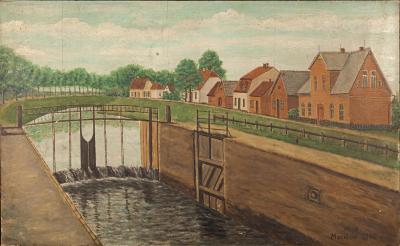
-
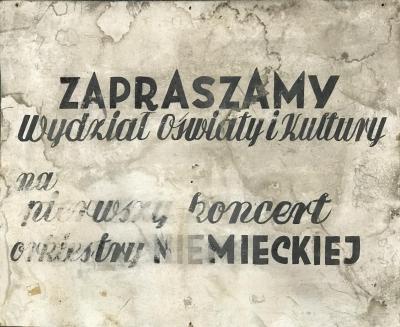
-
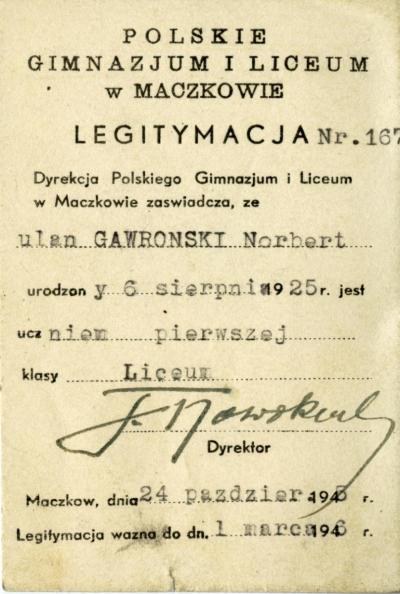
-
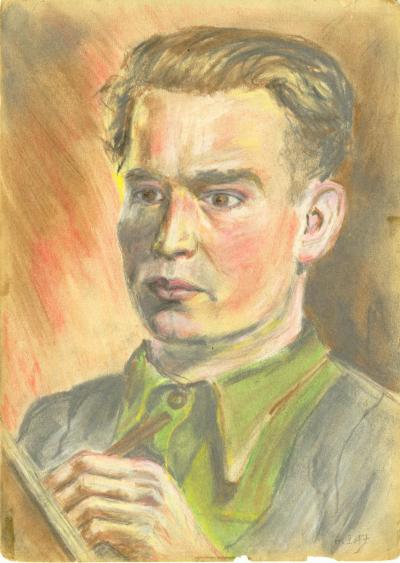
-
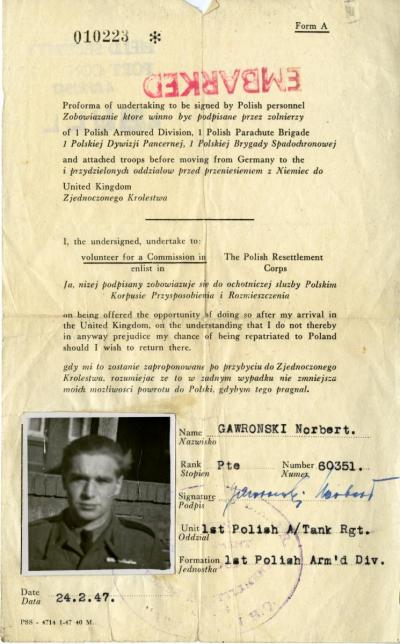
-
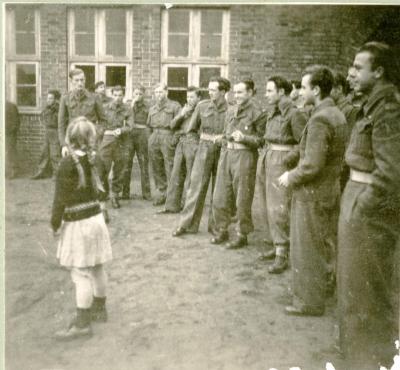
-

-
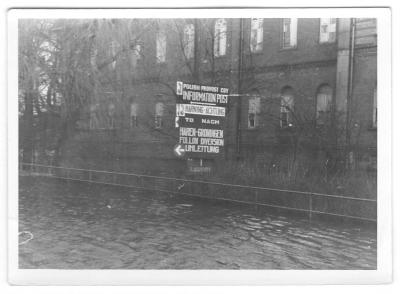
-

Maczków. Polnische Enklave in Norddeutschland - Hörspiel von "COSMO Radio po polsku" auf Deutsch
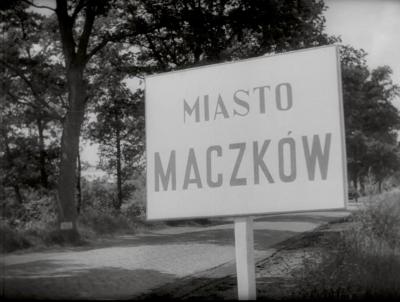
Paradies auf Zeit - wie aus Haren Maczków wurde
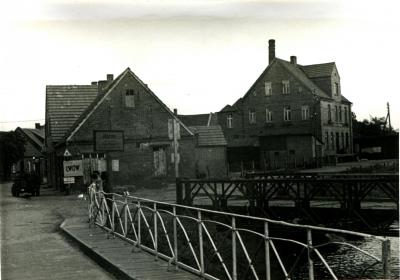
The evacuation of the town of Haren
Around 3,500 inhabitants were expected to leave the town by May 28th1945. They were told that they were not allowed to return under any circumstances. Special permits were to be issued for transit purposes. The German evacuees were distributed among 30 neighbouring communities. Only the mayor and his family and the nuns who were part of the Polish health care system in the St. Francis Church were allowed to stay in the town. The mayor remained responsible for maintaining the German administration and for the affairs of the citizens of Haren who had been sent to the neighbouring localities. He issued permits and provided them with the basic necessities. The chronicle of the town announced that a "black day" had arrived for Haren. Later it was referred to as the "Polish period". But things looked completely different from the point of view of those who found a a temporary home here after years of war, oppression and homelessness.
In 1988 General Maczekrecalled:"The British administration in the occupied area was surprised by the masses of Poles arriving from the concentration camps, internment camps and forced labour camps. It evacuated the town of Haren, known to them from the battles fought here by my division, and handed it over to me to dispose of as I thought best. For some years afterwards a purely Polish town with a Polish population and Polish administrative authorities was established in western Germany. (...) Thousands of Polish men and women settled in the town and used it as temporary refuge before scattering all over the world."
Haren becomes Maczków
Initially the Polonised town of Haren was christened Lwów (now Lviv), but only a few weeks later, on 24thJune 1945, it was renamed Maczków, as the British considered the earlier name too provocative in view of their ally, the USSR. During this period, heightened tensions and direct confrontations among the Allies were still avoided. Whatever the case, the new designationn named in honour of the commander of the First Division did not cause any controversy. The town was given its new name in the presence of General Tadeusz Bor-Komorowski, who happened to be on a visit at the time. The streets and squares were also renamed: Armii Krajowej, Legionów, Jagiellońska, Lwowska and Łyczakowska. Nor did the reference to the lost Polish eastern territories trigger any protest.
Approximately 5,000 Poles were living in Maczków in June 1945. Most of these were young people who had been freed from the concentration camps and prison camps. They also included people who had participated in the Warsaw Uprising, including over 1,700 young women from Stalag VI C in Oberlangen. All of them wanted to start a more or less normal life after their wartime years in captivity, forced labour and homelessness. But the young also insisted on their own rights: some of them got married and had children. Indeed, between 1945 and 1948, 289 marriages took place in Maczków, and 497 births and 101 funerals were registered in Maczków.





